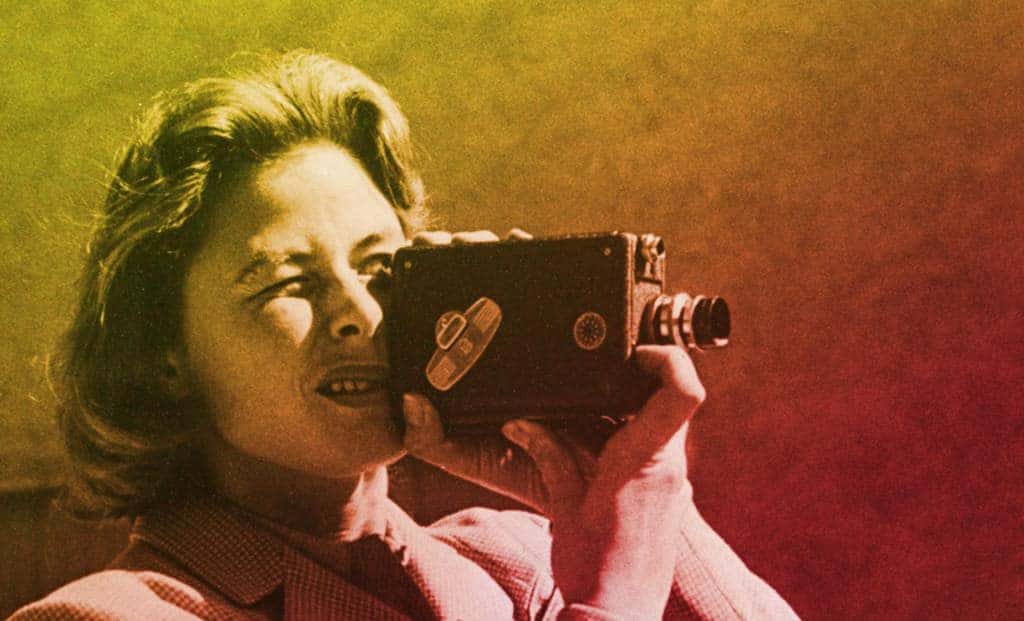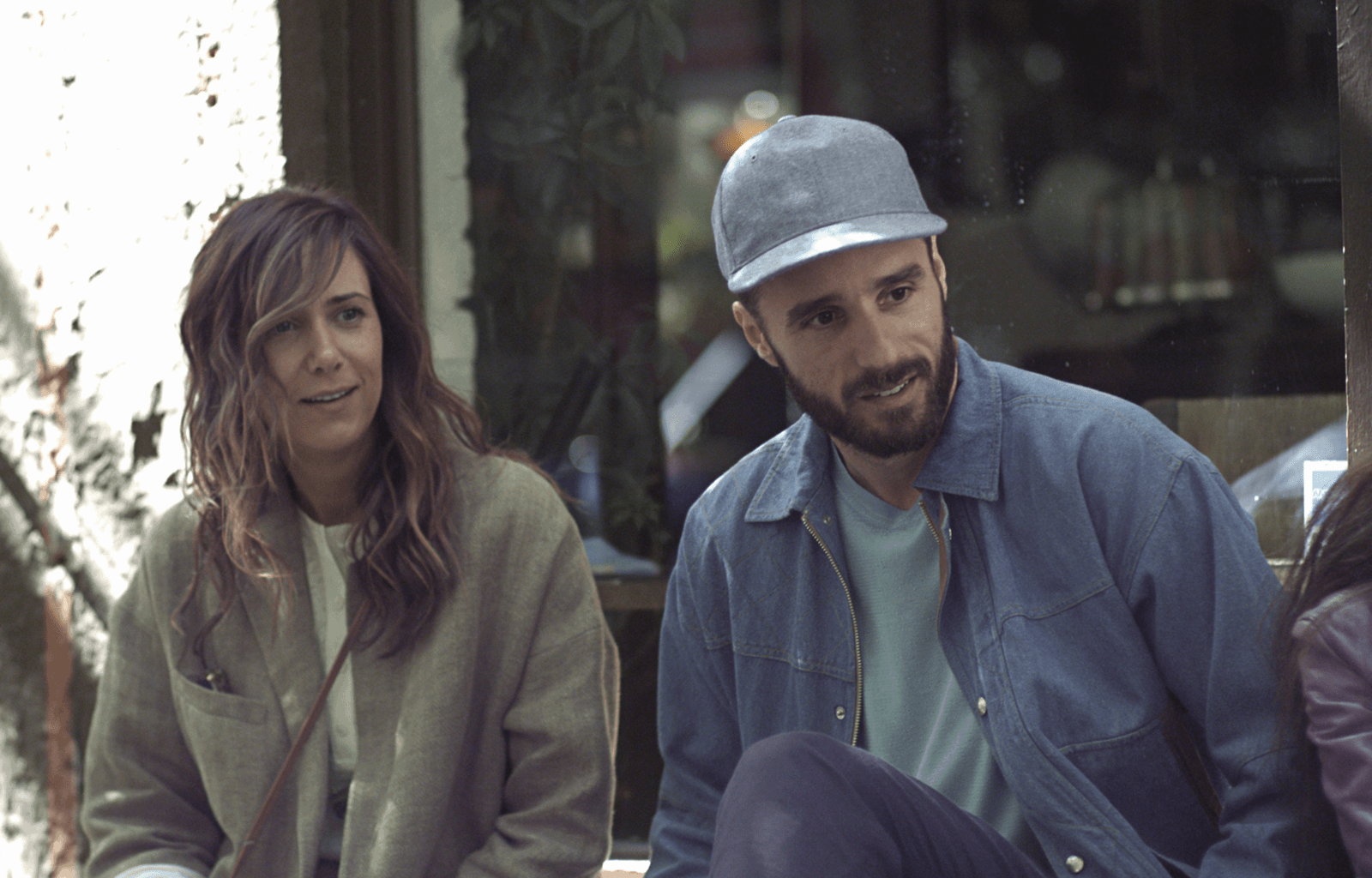Ingrid Bergman is an unreliable narrator of her own life story in this documentary based on her home videos.

Stig Björkman’s Ingrid Bergman: In Her Own Words is a loving tribute to the late, great Swedish actress told almost entirely from her perspective. Bergman brought her 16mm camera with her everywhere, and the years of footage she accumulated form the majority of the film’s images. Similarly, Björkman uses Bergman’s recorded interviews and letters to friends, read by Alicia Vikander, to narrate the film. Starting with Bergman’s childhood, most of which was spent with her father as her mother died when Bergman was still young, and ending with her final film project, Björkman gives a straightforward account of Bergman’s life, in chronological order.
Throughout the film, there’s a sense of Bergman’s indomitable spirit: she was warm, charismatic, and insisted on living life to its fullest, regardless of what society dictated. Unconcerned with conventional gender roles, Bergman followed her heart, even when that brought scandal — or meant leaving her children behind. She put her work first, and she refused to stay in a marriage if she wasn’t happy. In interviews with her four adult children, we learn they cherished their time with her, and they resented her for abandoning them for love affairs or films. Because Bergman saw herself as a free spirit, Björkman devotes more time marveling at how Bergman was her own woman, in complete control of her life, than to the consequences of these decisions.
After all, the film is Bergman’s story in Bergman’s own words. Though Björkman allows us to get to know how Bergman saw herself, it’s at the expense of offering a broader perspective on her life. Björkman assumes Bergman’s cultural importance rather than trying to prove or analyse it. The film rarely delves into the actress’ work and technique because it’s not something Bergman concerned herself with in her letters.
The film practically skips over her best films with Hitchcock and never discusses how working with different directors changed how she performed or affected the development of her craft. We learn that Bergman met her second husband, the Italian neorealist director Roberto Rossellini, by writing him a fan letter expressing interest in collaborating. She was also ballsy enough to pass Ingmar Bergman a note at Cannes asking him to put her in a film, and they got into screaming matches on the set of Autumn Sonata. We know she spent her later years on stage, thanks in part to her third husband’s role as a theatre producer. But we know little of what her working life was like or how she crafted such memorable characters.
Yet Bergman was always happiest on a film set. She moved across the ocean to take on Hollywood. She sacrificed time with her children to satisfy her need to make great art. The most important part of her life, from our perspective, is practically left out. Several of her closest relations posit that her need to be in front of the camera started in her youth, when her father would film home videos of her as an expression of love. Because Björkman remains faithful to Bergman’s side of the story, we learn very little about how others saw her. Björkman’s portrait of Bergman lacks psychological insight. When such important details have been left out, the film gets repetitive, especially as we begin to suspect that Bergman may be an unreliable narrator.
Nevertheless, Ingrid Bergman: In Her Own Words is a must for Bergman fans. As a richly detailed account of her personal life, there’s plenty of fodder for us to theorize how her life informed her performances. The film made me wonder if Jean Renoir based Bergman’s titular character in Elena and Her Men on her. It’s a shame the film never takes time to make or confirm such speculations. The woman may now seem less of an enigma. What made her work great remains a mystery.
Ingrid Bergman: In Her Own Words screened in the “Mind the Gap” section, highlighting female-centric films, at the Mill Valley Film Festival.

